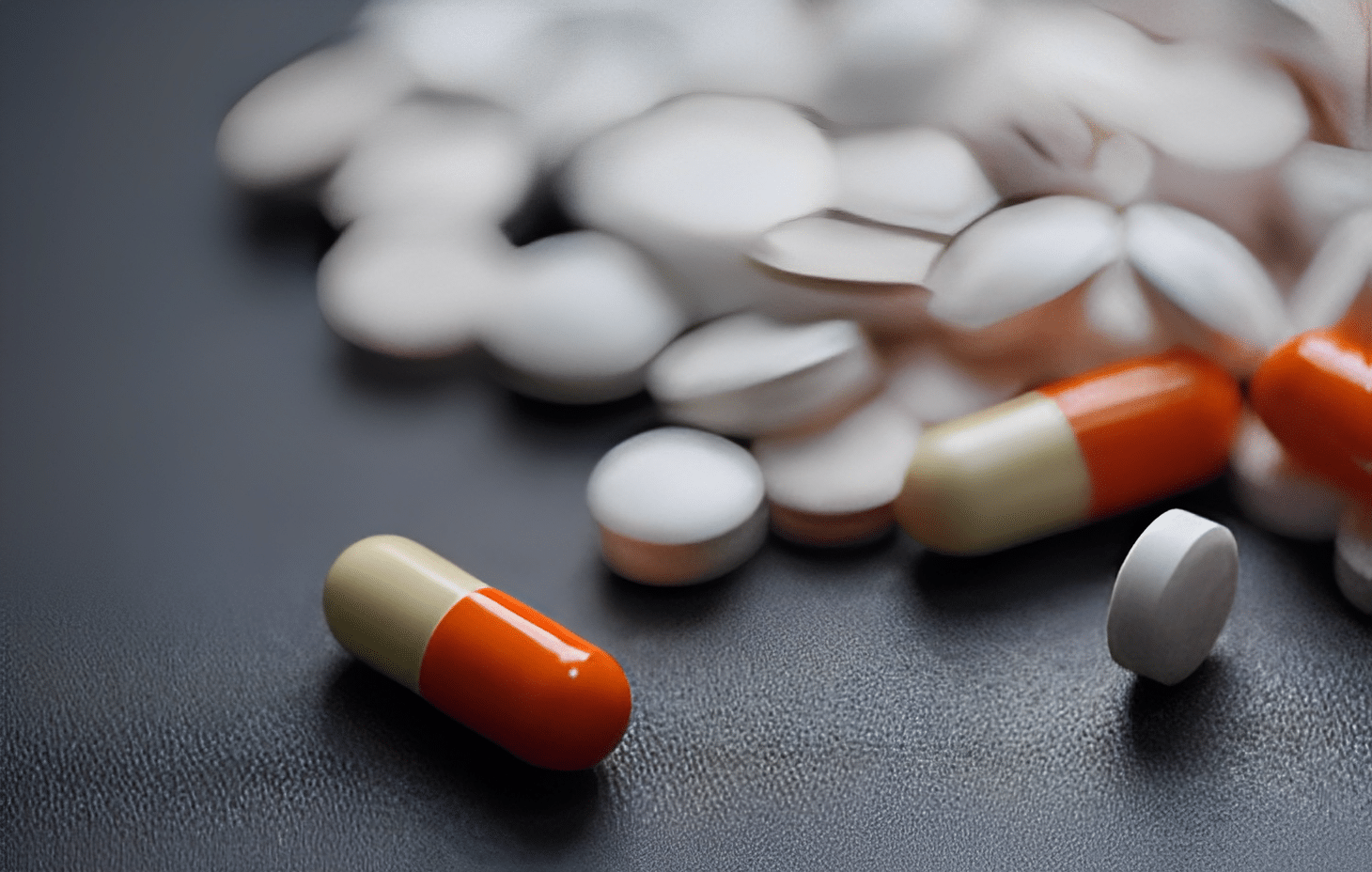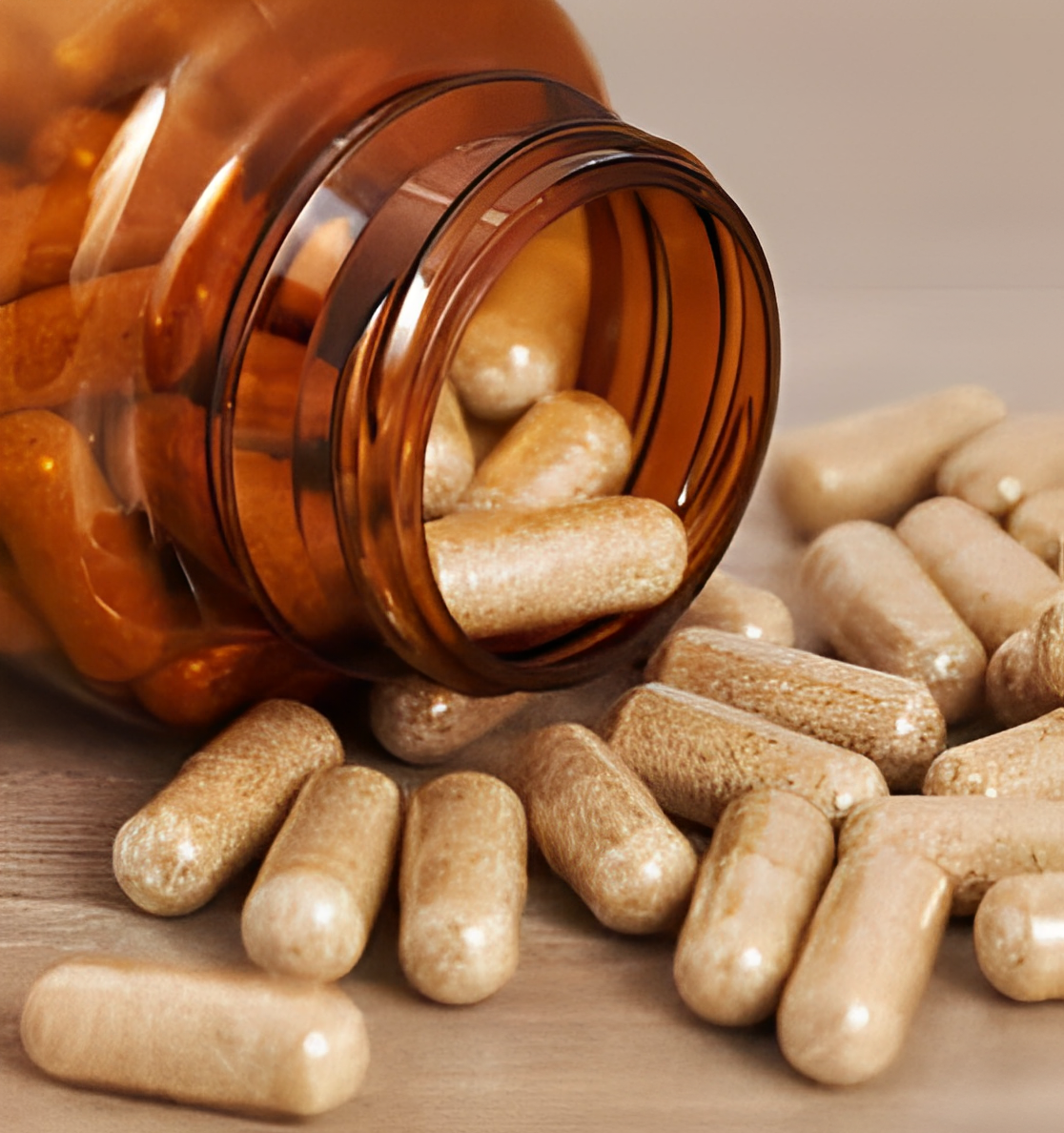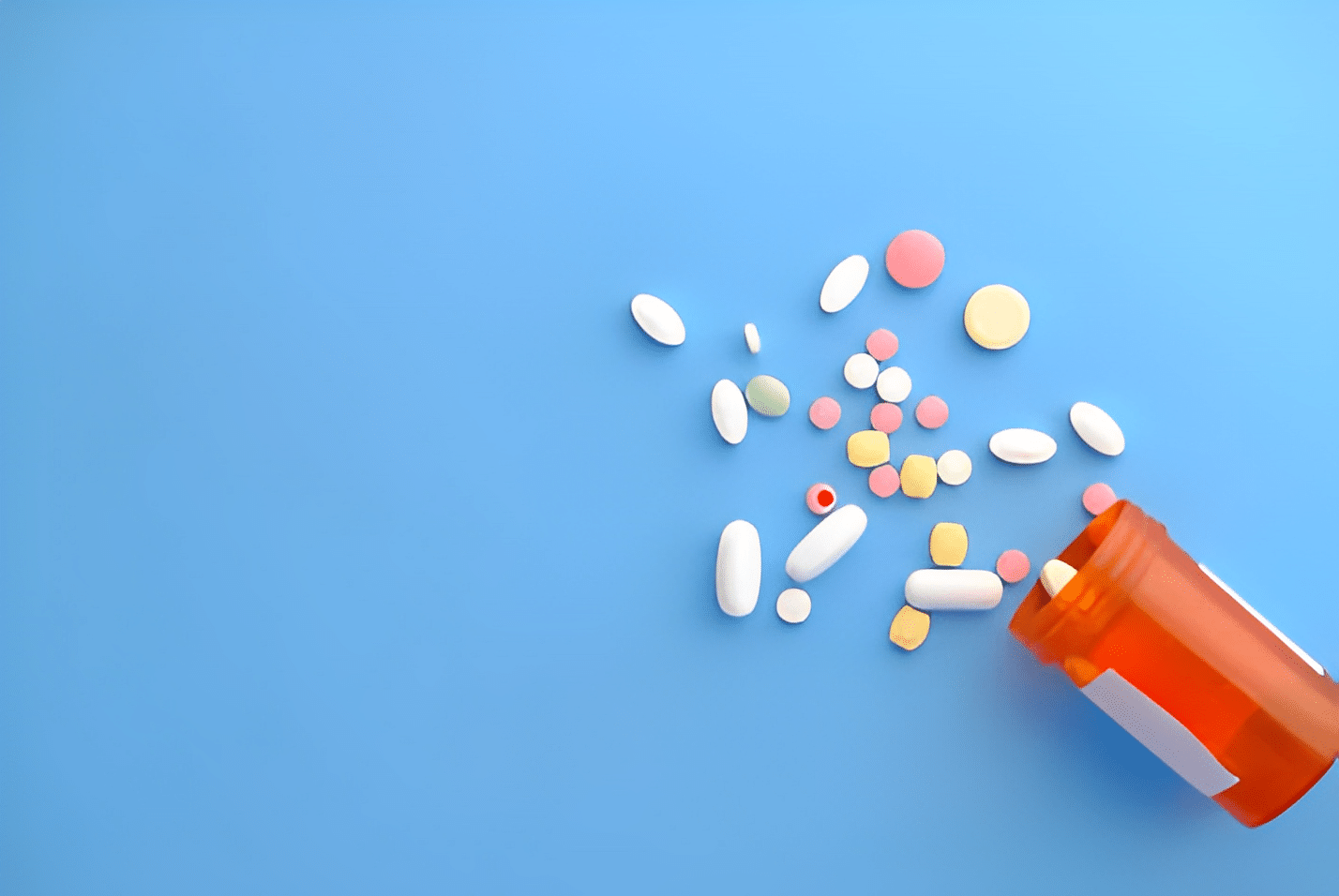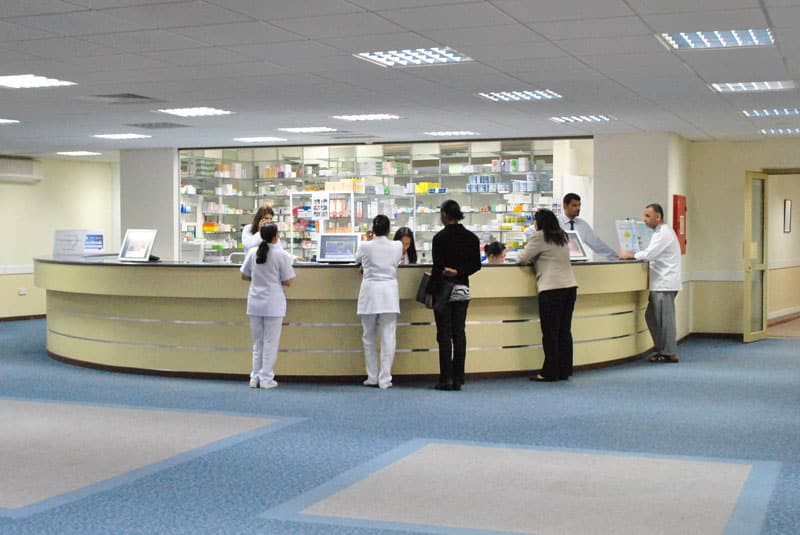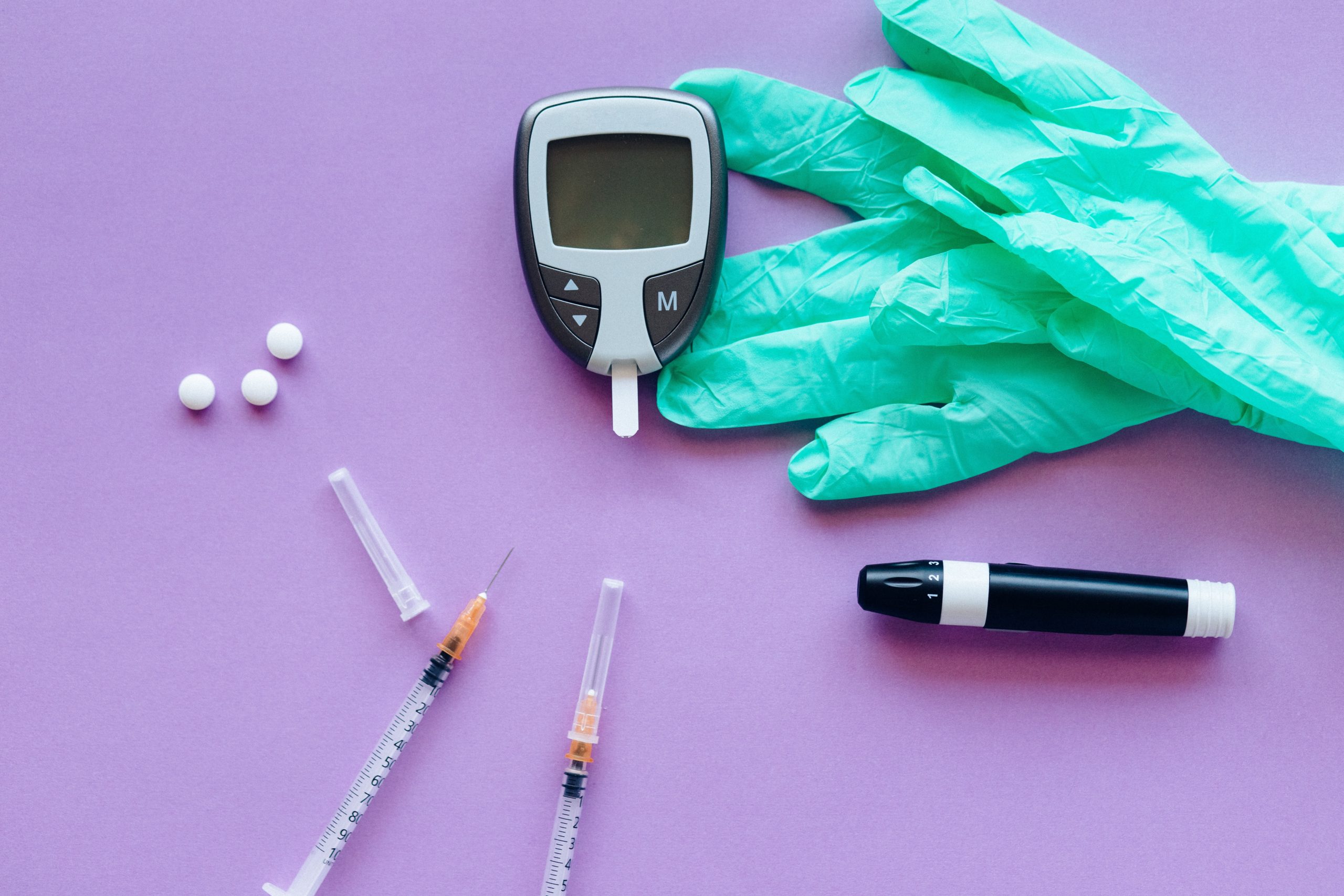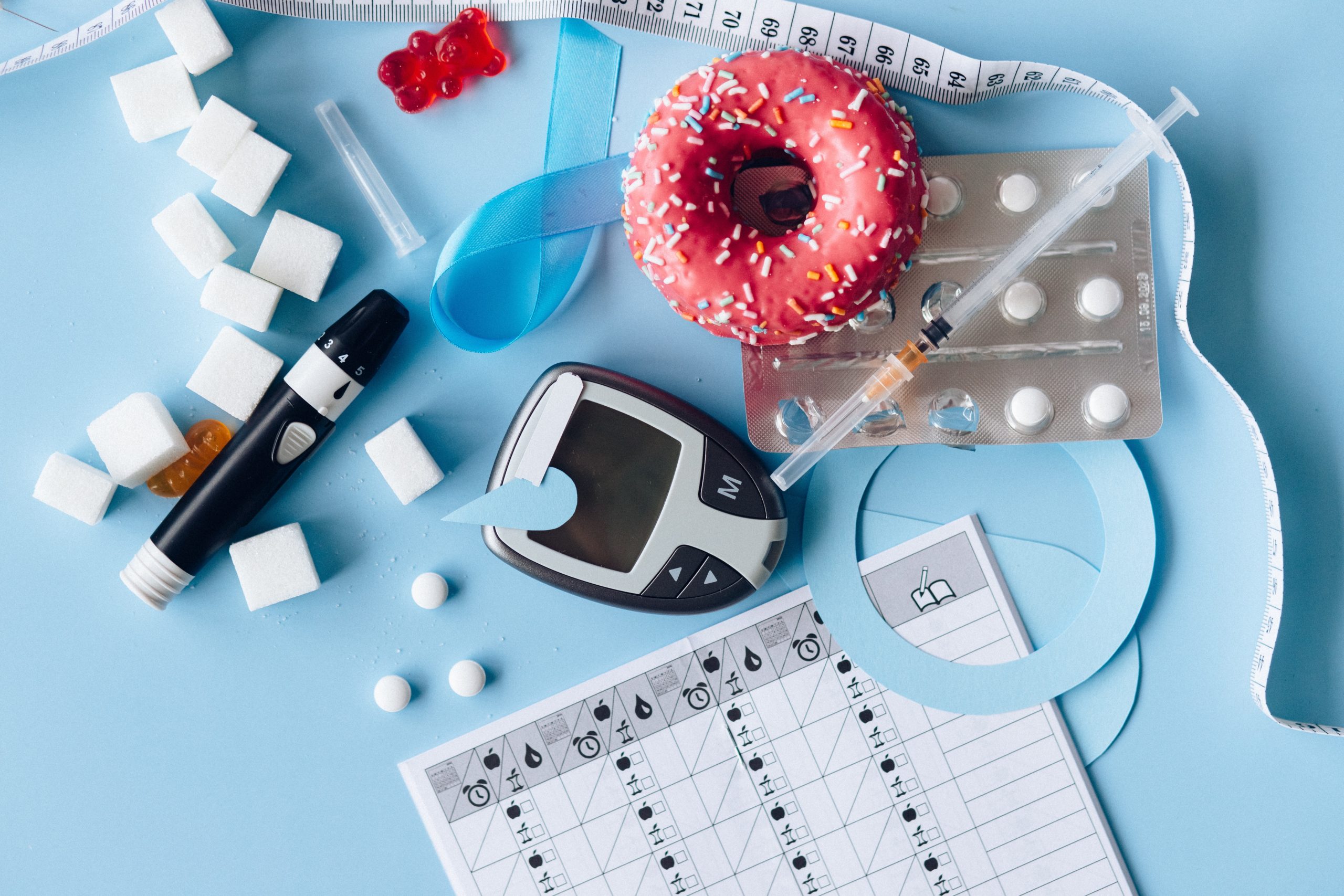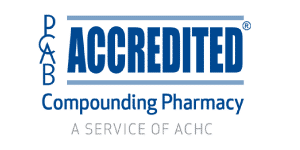What Is Erectile Dysfunction & Its Treatment?
- Post author:Vios HR
- Post published:April 19, 2022
- Post category:Blog
- Post comments:0 Comments
What is Erectile Dysfunction?
Erectile dysfunction (ED) is when a person is not able to keep & maintain an erection firm enough to have sex. It is also called impotence. Many men suffer from erectile dysfunction which leads to low confidence, emotional distress, physical and mental issues, and more.
What is the Treatment for Erectile Dysfunction?
There are different types of medical remedies available for erectile dysfunction. It consists of erectile dysfunction therapy, compounding medication & hormonal treatment for men, etc. Let us look at the most common types of treatment used to treat erectile dysfunction.
1. Counseling
Counseling sessions by a sex expert or any other therapy professional may prove useful if the causes of ED are due to stress, anxiety, or other mental health issues. A professional expert will help the individual feel more confident about sex and his relationship.
2. Compounding Medication
Erectile dysfunction (ED) medications are available in many forms like oral pills, tablets, etc. Sometimes drugs are injected directly into the penis. These drugs are commonly taken a few minutes or hours before having sex. Compound medications may be customized to the individual patient’s needs as dosage or flavors can be adjusted as per their body needs and requirements. If the person is suffering from a hormonal imbalance that is leading to ED, one can take bioidentical identical hormonal treatment for men that will help in restoring the hormonal balance of the body.
3. Injections
Individual patients who are unable to take erectile dysfunction (ED) oral medication or pills can benefit from injections or suppositories. These drug shots help bring more blood to the penis and can trigger an erection in a matter of minutes.
A compounding pharmacy like Vios compounding can help to come up with the right compound medication to treat erectile dysfunction (ED). Whether you’re seeking hormone replacement, injections, or any other type of erectile dysfunction (ED) medical treatment, contact Vios.

